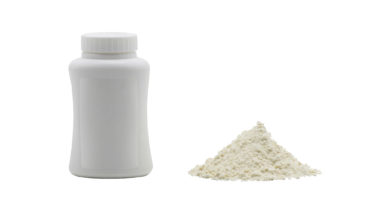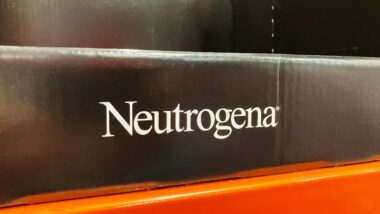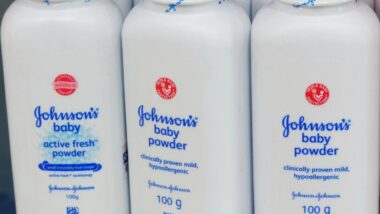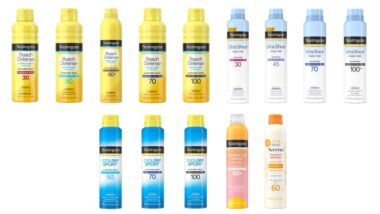Top Class Actions’s website and social media posts use affiliate links. If you make a purchase using such links, we may receive a commission, but it will not result in any additional charges to you. Please review our Affiliate Link Disclosure for more information.
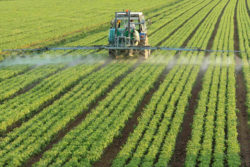
“EPA continues to find that there are no risks to public health when glyphosate is used in accordance with its current label and that glyphosate is not a carcinogen,” said the agency in their recent statement regarding glyphosate dangers.
The statement from the Environmental Protection Agency (EPA), which reaffirms its 2015 decision, reportedly aligns with statements from other regulatory authorities in Europe, Canada, Japan, New Zealand, and Australia.
Glyphosateis a broad spectrum herbicide that kills plants by inhibiting their essential enzymes. Most consumers use glyphosate in Roundup-branded herbicides that are used in both domestic and industrial applications.
Although the EPA has classified glyphosate as non-carcinogenic, other authorities do not agree. The International Agency for Research on Cancer (IARC) classified glyphosate as “probably carcinogenic to humans” in March 2015. This means that the agency believes the chemical to be a carcinogen but does not have the evidence available to make a definite conclusion.
“The IARC Monographs evaluation is based on the systematic assembly and review of all publicly available and pertinent studies, by independent experts, free from vested interests,” the IARC notes in a 2018 news release. “It follows strict scientific criteria, and the classification system is recognized and used as a reference all around the world.”
The IARC reportedly reached their conclusion on glyphosate dangers after reviewing around 1000 studies on the chemical, including studies of occupations like farming and experimental studies on cancer.
These studies reportedly align with the IARC’s conclusion that glyphosate may cause cancer. A recent study conducted by the University of Washington reportedly found that exposure to glyphosate increases the risk for cancer by 41 percent.
With conflicting opinions available about the safety of glyphosate, it is hard to decide whether or not glyphosate is safe. This debate is raging not only in scientific communities but also in the legal sphere. Monsanto, and its parent company Bayer, face legal action from consumers claiming that using Roundup caused them to develop cancers such as non-Hodgkin’s lymphoma.
Just recently, two high profile court cases resulted in favorable jury awards for consumers who allegedly developed non-Hodgkin’s lymphoma from using Roundup. Bayer has opposed these multi-million dollar rulings and continues to appeal these decisions. The company argues that glyphosate based herbicides are safe and that agencies like the EPA are correct in classifying the chemical as non-carcinogenic.
“Bayer firmly believes that the science supports the safety of glyphosate-based herbicides, which are some of the most thoroughly studied products of their kind and is pleased that the regulators tasked with assessing this extensive body of science continue to reach favorable conclusions,” Bayer said, according to CNN.
Some legal professionals argue that it is not only glyphosate that is dangerous. Although the chemical may be linked to cancer, legal professionals told CNN that the herbicide products contain “animal fats and other ingredients that increase the carcinogenicity of the glyphosate”.
The debate on glyphosate safety will likely continue both inside and outside of the courtroom with thousands of lawsuits currently pending against Monsanto and Bayer.
If you or a loved one developed cancer after using Roundup as a farm worker or home gardener, you may have a legal claim. Legal migrant farm workers may also seek help. Learn more by filling out the form on this page for a FREE case evaluation.
ATTORNEY ADVERTISING
Top Class Actions is a Proud Member of the American Bar Association
LEGAL INFORMATION IS NOT LEGAL ADVICE
Top Class Actions Legal Statement
©2008 – 2024 Top Class Actions® LLC
Various Trademarks held by their respective owners
This website is not intended for viewing or usage by European Union citizens.
Get Help – It’s Free
Join a Free Roundup Cancer Class Action Lawsuit Investigation
For the most up-to-date information on this case, click here.

